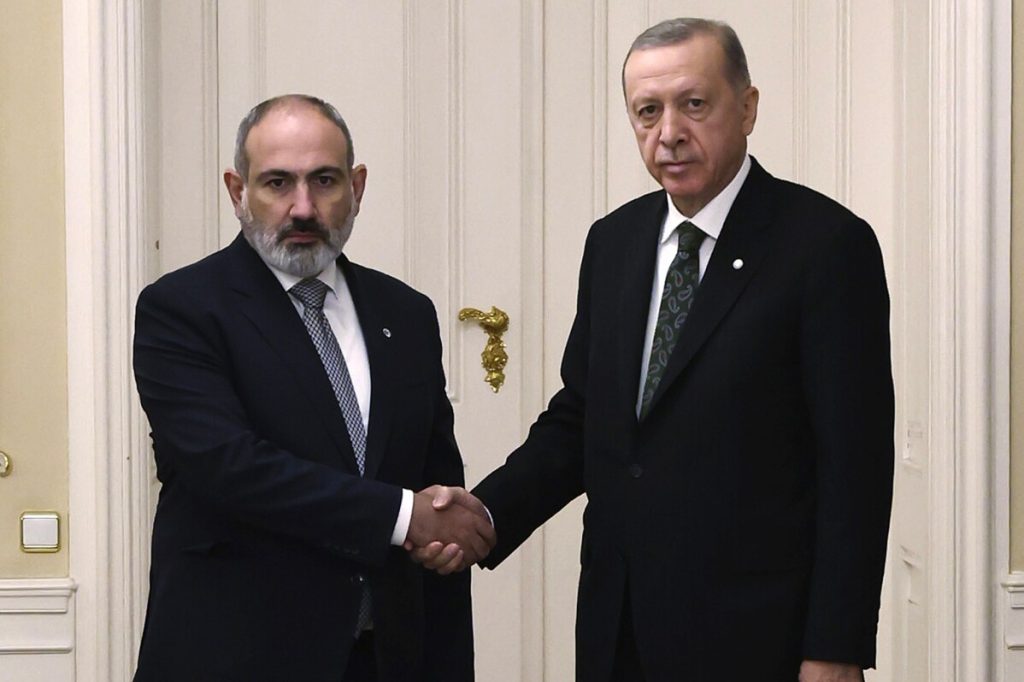Erdogan’s Missile Push Signals Dangerous Regional Arms Escalation Amid Israel-Iran Conflict
Turkish President Erdogan’s vow to expand missile production amid the Israel-Iran war underscores a looming regional arms race that heightens tensions and threatens NATO cohesion.

Turkish President Recep Tayyip Erdogan’s recent declaration to significantly ramp up Turkey’s medium- and long-range missile arsenal is more than a mere defense announcement; it is a strategic move with deep implications for Middle Eastern stability and NATO security.
Turkey finds itself navigating a volatile region as the conflict between Israel and Iran escalates dramatically. Despite Ankara’s strained relations with Israel, there is no immediate indication that Turkey aims to enter the conflict directly. However, Erdogan’s push to bolster missile capabilities can be interpreted as a response to both regional threats and perceived vulnerabilities within Turkey’s own defense posture.
A Reaction to Shifting Regional Power Dynamics
The announcement follows discussions between Erdogan and German Chancellor Friedrich Merz, where Erdogan emphasized negotiation over confrontation in resolving Iran’s nuclear ambitions. Yet, on the ground, Turkey appears preemptively preparing for an uncertain security environment by advancing indigenous weapons production.
This escalation aligns with broader regional trends, where nations are racing to close technological gaps exposed by Israel and U.S. aerial dominance. As Professor Ahmet Kasim Han points out, this marks Turkey’s drift toward another dangerous dimension of Middle Eastern geopolitics: an accelerating arms race that could spiral beyond control.
The Internal Politics Behind Military Expansion
Erdogan’s rhetoric about reaching an unparalleled defense capacity—one that deters any hostility against Turkey—also serves a domestic agenda. With economic challenges mounting at home due to energy disruptions linked to the conflict and inflation pressures, portraying strong military readiness helps shore up nationalistic support while deflecting criticism of governance issues.
Strained Relations With Israel Complicate the Picture
The increasingly antagonistic relationship between Ankara and Jerusalem further complicates regional stability. Israeli officials have responded sharply to Erdogan’s statements, accusing him of imperial ambitions and human rights suppression in his country—charges that highlight the toxic political atmosphere surrounding these developments.
NATO Implications and Future Risks
Erdogan’s military expansion raises critical questions about NATO cohesion. While the alliance currently does not view Turkey as likely to become embroiled in the Israel-Iran fight directly, increased missile production signals Ankara’s desire for autonomous power projection that may not always align with alliance interests.
If unchecked, this arms buildup risks fueling wider destabilization across the Middle East, inviting countermeasures from neighboring states and potentially drawing NATO into deeper crises involving non-member actors like Iran.
